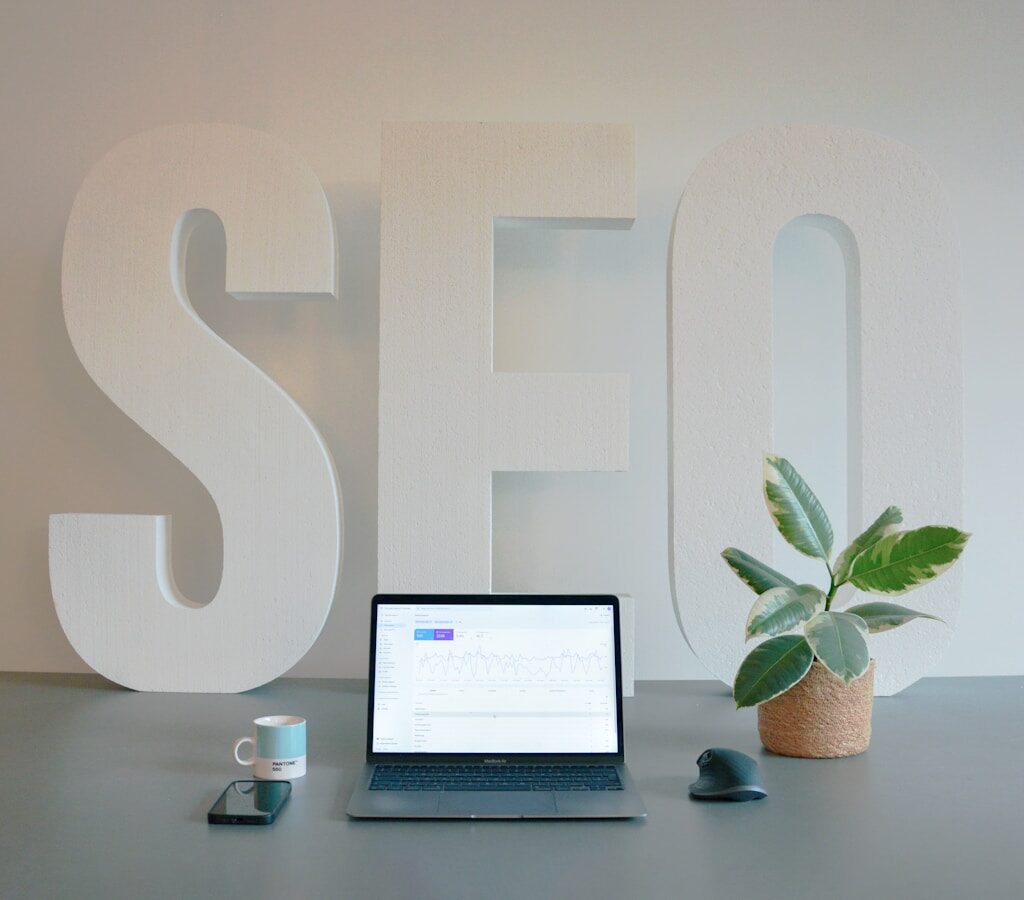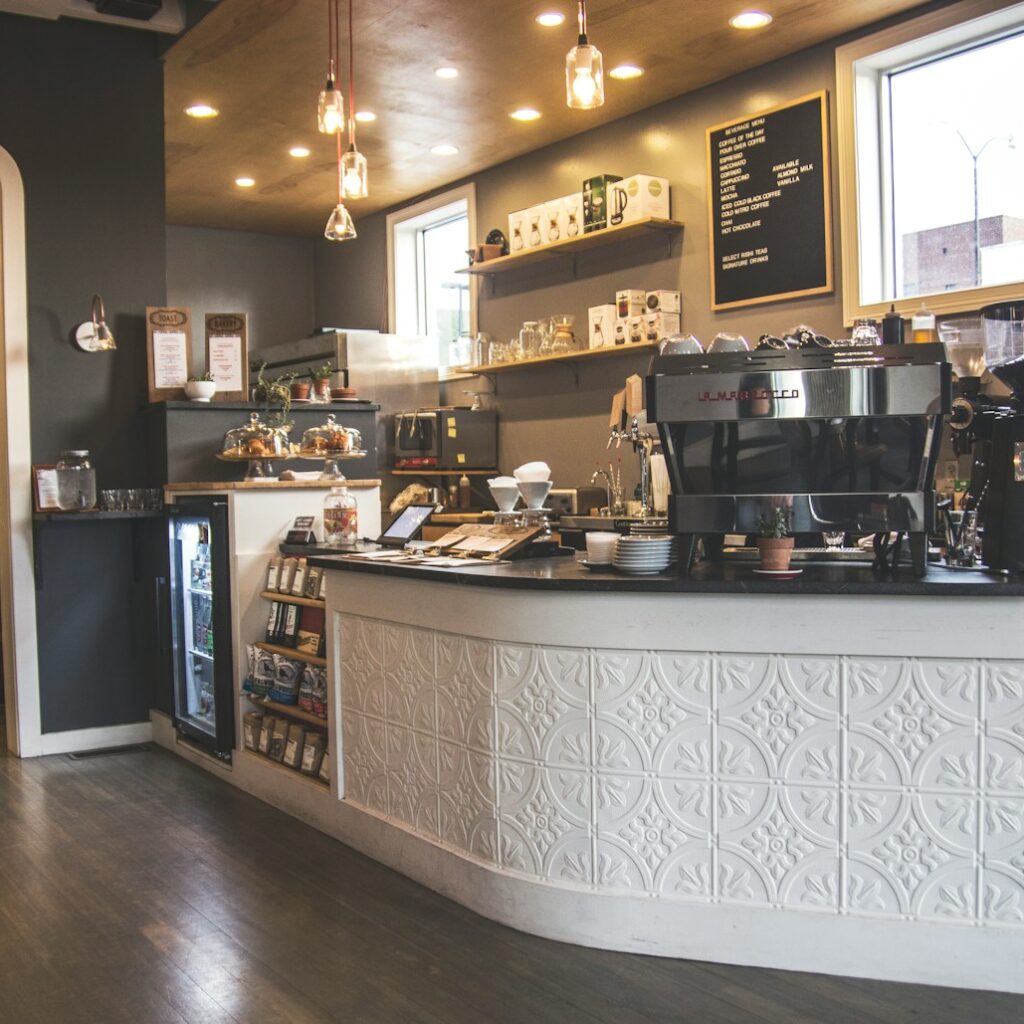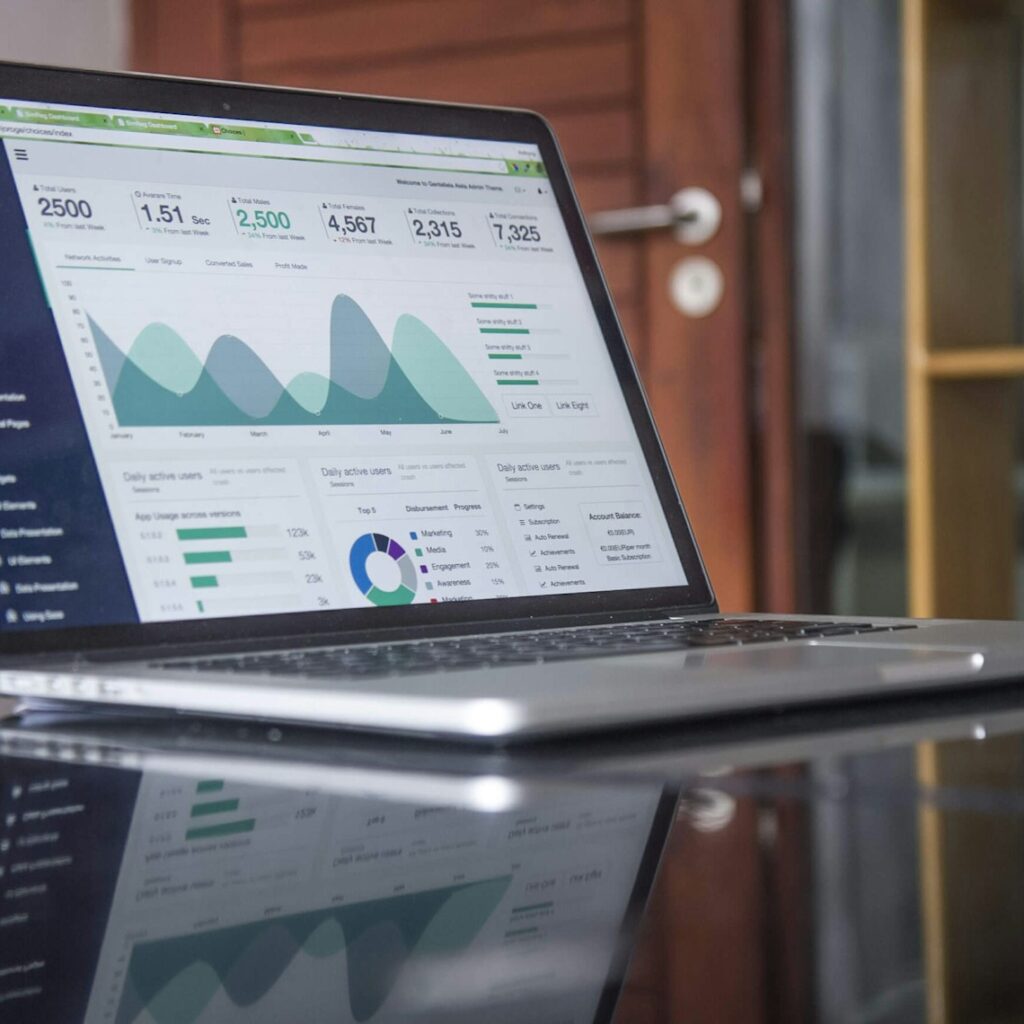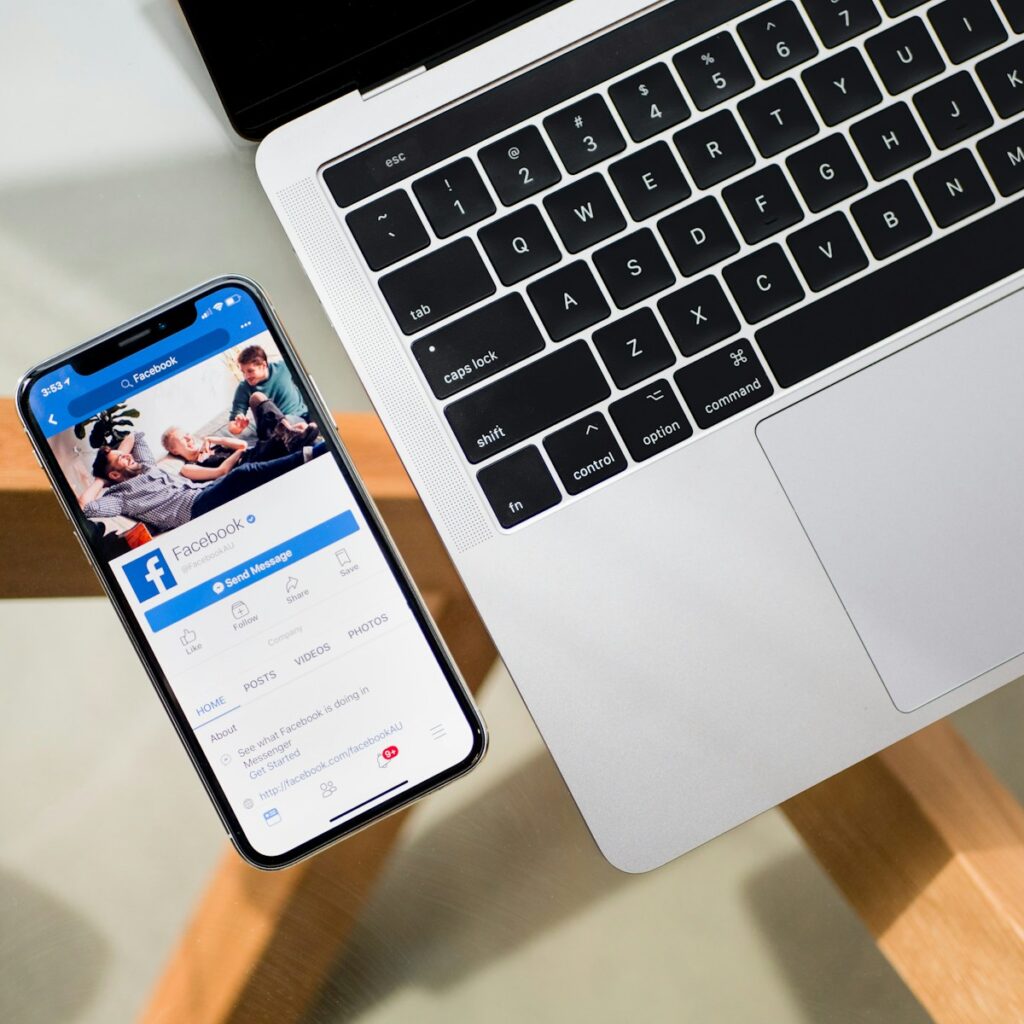In the hospitality industry, guest satisfaction is paramount. From the moment a potential guest first reaches out with an enquiry to the time they check out of your hotel, every interaction matters. One of the key touchpoints for a guest’s first impression is how you manage and respond to their inquiries. A streamlined enquiry management process can make a significant difference in how efficiently you handle guest queries, how quickly you respond, and ultimately, how satisfied your guests are with their experience.
In this blog post, we’ll explore how streamlining enquiry management can enhance the guest experience, reduce operational inefficiencies, and help your hotel stand out in a competitive market.
The Importance of Efficient Enquiry Management
When a potential guest contacts your hotel for information—whether it’s about room availability, rates, amenities, or services—they’re expecting a fast, accurate, and helpful response. In the digital age, where instant communication is the norm, delays or missed messages can result in lost bookings or frustrated guests.
Inefficient enquiry management can lead to missed opportunities, inconsistent responses, and a lack of follow-through, all of which negatively impact the guest experience. By streamlining your enquiry management system, you can provide a seamless, positive experience that not only boosts customer satisfaction but also increases conversion rates and builds loyalty.
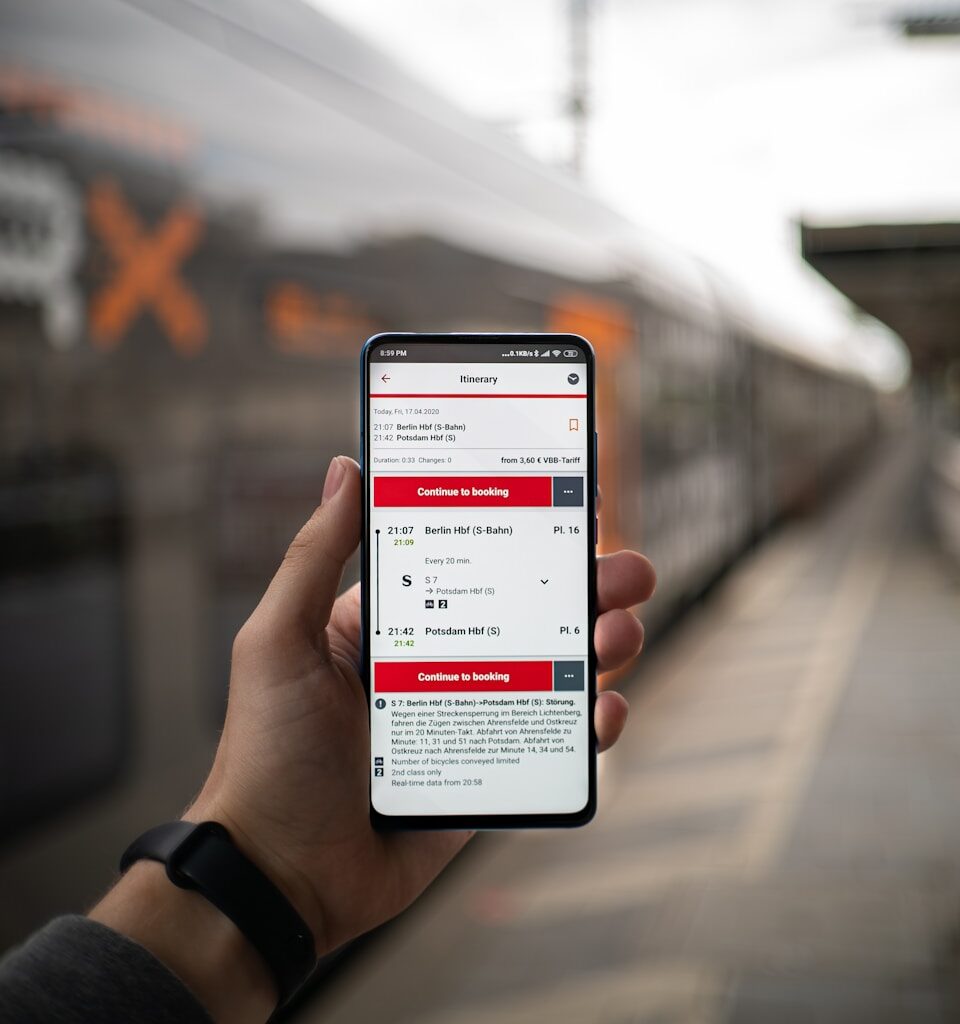

Centralize Your Communication Channels
Guests can reach out to your hotel through multiple channels—phone calls, emails, social media, live chat, and more. Managing enquiries across these platforms can quickly become overwhelming, especially for busy hotel teams. To streamline the process, it’s essential to centralize all communication into a single platform. This allows your team to manage, track, and respond to inquiries more efficiently.
Using a Customer Relationship Management (CRM) system or an integrated communication platform can help bring all enquiries into one place, ensuring that no request gets lost or overlooked. With centralized communication, staff can easily view the status of each enquiry, respond promptly, and provide consistent information to guests, regardless of the channel they used to contact your hotel.
Automate Responses to Frequently Asked Questions (FAQs)
One of the best ways to streamline enquiry management is by automating responses to common queries. Guests often have similar questions, such as asking about check-in/check-out times, room types, availability, or amenities. By setting up automated responses or chatbots, you can quickly provide answers to these frequently asked questions, saving time for both your staff and your guests.
For example, a chatbot on your website or social media pages can instantly provide guests with basic information and even help them make a booking. Additionally, having an automated email system that replies to enquiry submissions with instant acknowledgements can reassure guests that their request is being handled, even if they have to wait for a more personalized response.
By automating routine inquiries, your team can focus on more complex or personalized requests that require a human touch, improving overall efficiency and guest satisfaction.
Ensure Real-Time, Personalized Responses
While automation is useful, the personal touch is still crucial for building strong guest relationships. Once the initial automated response is sent, it’s important that your team follows up with a personalized message that addresses the specific needs of the guest. Providing real-time responses—whether through phone, email, or live chat—shows that you care about the guest’s needs and are committed to providing excellent service.
A well-trained, responsive team is key to ensuring that guests feel valued. Staff should be equipped with the right tools and information to address inquiries promptly and accurately. For example, a team member should be able to access real-time availability, rates, and special offers, allowing them to provide timely and relevant information to the guest.
By combining automation for speed and personalization for warmth, you can significantly improve the guest experience.


Implement a Ticketing System for Better Tracking
For larger hotels with high volumes of enquiries, using a ticketing system can help ensure nothing slips through the cracks. A ticketing system allows each guest enquiry to be assigned a unique identifier, or “ticket,” that can be tracked and updated throughout the process. This helps ensure that no request is overlooked, and staff can easily monitor the status of each enquiry.
Ticketing systems can also allow you to prioritize certain inquiries based on urgency, such as high-priority requests from VIP guests or last-minute bookings. This ensures that your team focuses on the most important requests first, while also managing other queries in a timely manner.
Additionally, the use of a ticketing system makes it easier for your team to collaborate and share information, leading to faster response times and more efficient communication.
Provide Comprehensive, Self-Service Options
Guests today are increasingly looking for self-service options, especially when they’re researching hotels or planning a trip. Offering comprehensive self-service options through your website or mobile app can reduce the volume of basic enquiries and give guests more control over their experience.
Consider providing an easy-to-navigate FAQ page, room booking system, and an online chat feature. You could also offer digital concierge services where guests can find information about local attractions, transportation, restaurant reservations, and hotel amenities at their fingertips.
By providing the tools for guests to help themselves, you not only streamline enquiry management but also enhance the overall guest experience by giving them more autonomy and convenience.




